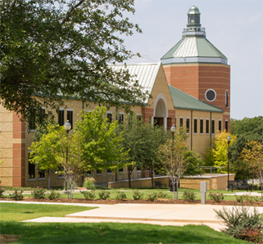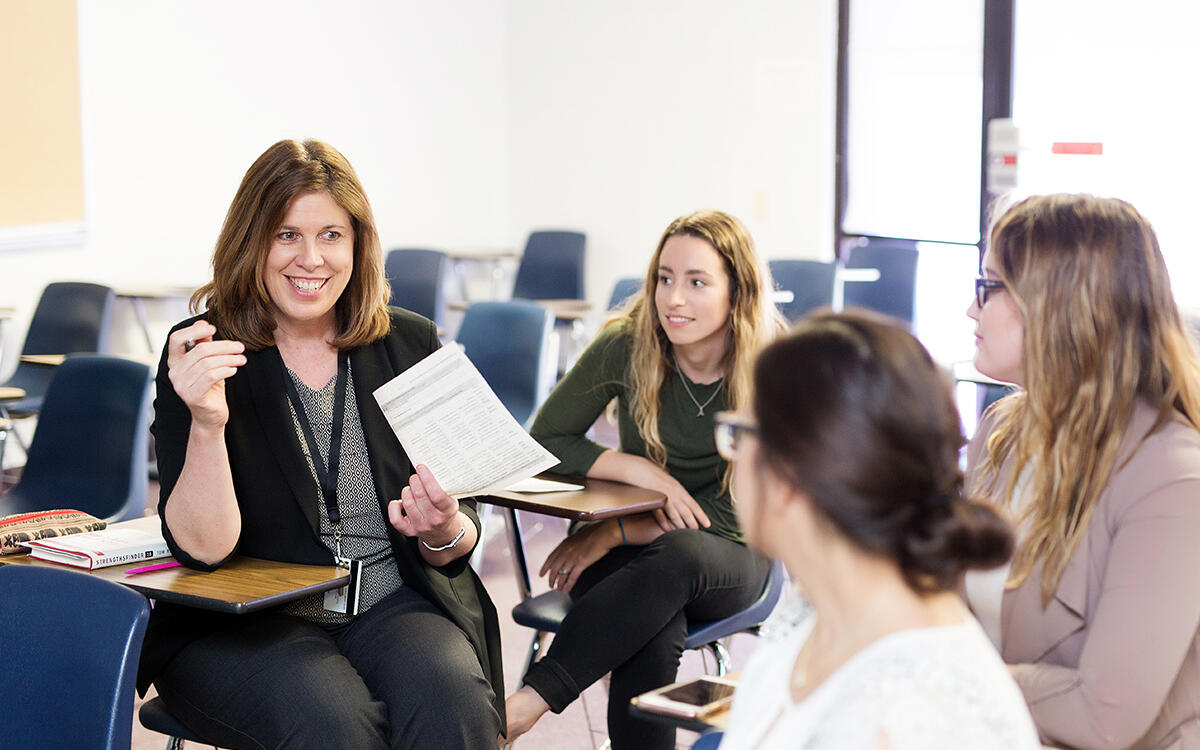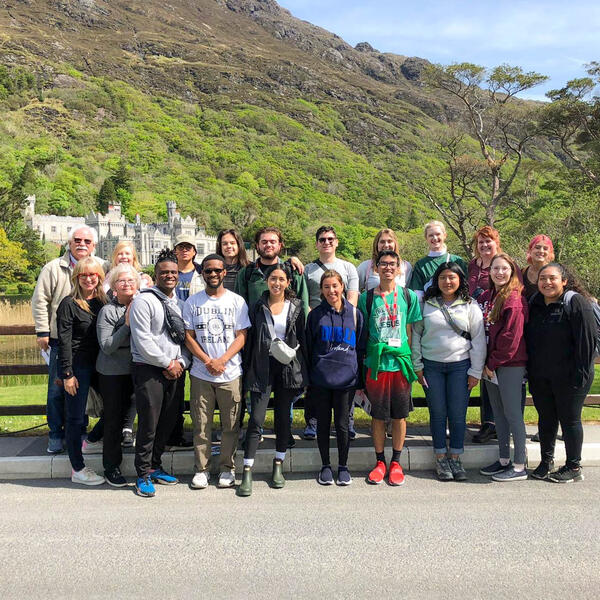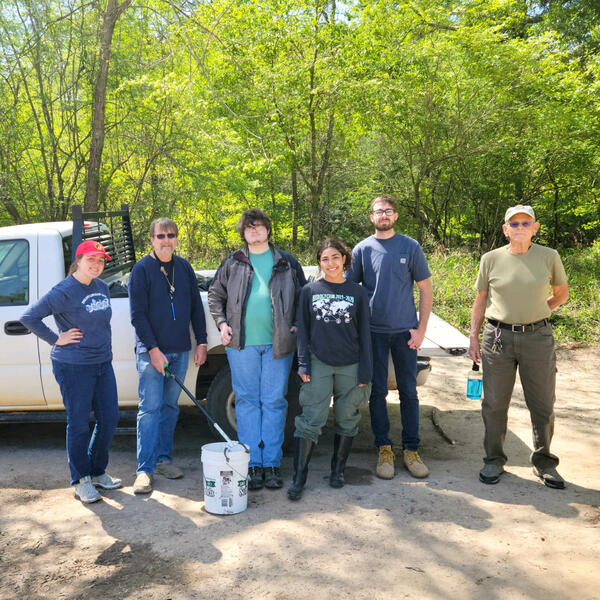Nursing Graduates Receive ACLS Certification
Nursing Graduates Receive ACLS Certification
For the first time, nursing students of Southwestern Adventist University will graduate with their Advanced Cardiac Life Support (ACLS), a national certification of critical care nursing skills. These are the skills needed in all areas of the hospital when a patient's heart stops or when they stop breathing. In other words, they’re prepared to be the best new nurses in the most critical of situations.
“This certification is beyond what basic nursing education would normally teach,” says Dr. Joyce Melius, RNBS, CCRN-K, adjunct faculty. “Hopefully, it will help students gain confidence and help them get great jobs.”
Melius is the major ACLS teacher at Texas Health Huguley Hospital, in Fort Worth. At Southwestern, she is in charge of ACLS preparation and testing for graduating students. ACLS encompasses CPR plus many cardiac and other medications to help sustain life.
Knowledge needed for ACLS is often gained while working in the field. Most nurses don’t get ACLS until they’ve been a practicing nurse at least six months. At Southwestern, students gain knowledge as an add-on to their Medical/Surgical IV class. In this class, they deal with more complex medical or surgical situations, such as cardiac, respiratory, neuro, and now ACLS preparation and testing.
Part of the preparation for this certification is to perform simulations of codes. A code blue is medical talk for what takes place when a patient stops breathing or has no pulse. Nurses read the patient’s vital information then respond by telling a team to start CPR, to give medicine, and more. Essentially, they must work quickly to save the patient’s life.
“Often, we have a TV idea of codes and how they go,” says Michelle Higa, nursing graduate, class of 2018. “It’s nothing like that. It’s a nerve wracking thing. With an ACLS certification, at least you know what to do. I think that by having practiced, it helps us not freak out when someone is actually coding in front of you. You feel a little more prepared, a little less nervous.”
To receive the certification, a nurse must pass two national level tests: A written test and a practical test. At the end of the semester, students were tested for the certification. The class and testing culminated in a two-day session at Texas Health Huguley Hospital, where the students made use of clinical manikins and lab equipment. There are 45 graduating students in nursing this year.
“I feel more prepared,” says Kyleigh Duke, nursing graduate, class of 2018. “Having an ACLS certification makes you feel more prepared because you’ve already seen and studied for a code situation, and you’ve learned it.”
In many critical care units of hospitals, this is a required certification. It must be renewed every two years. If not a requirement, the certification may come with a pay raise. This means that graduates of Southwestern are more likely to be hired for critical care and emergency department jobs with an ACLS certification. In addition, students interested in pursuing a career in critical care are more likely to be hired as new nurses in that field than students without ACLS.
“Our students have an excellent knowledge and skill base,” says Kerrie Kimbrow, DNP, Chair of the Nursing Department. “And now adding this certification gives them an added bonus. It helps build their confidence in what they can do, and it gives them valuable expertise to market themselves.”
***







